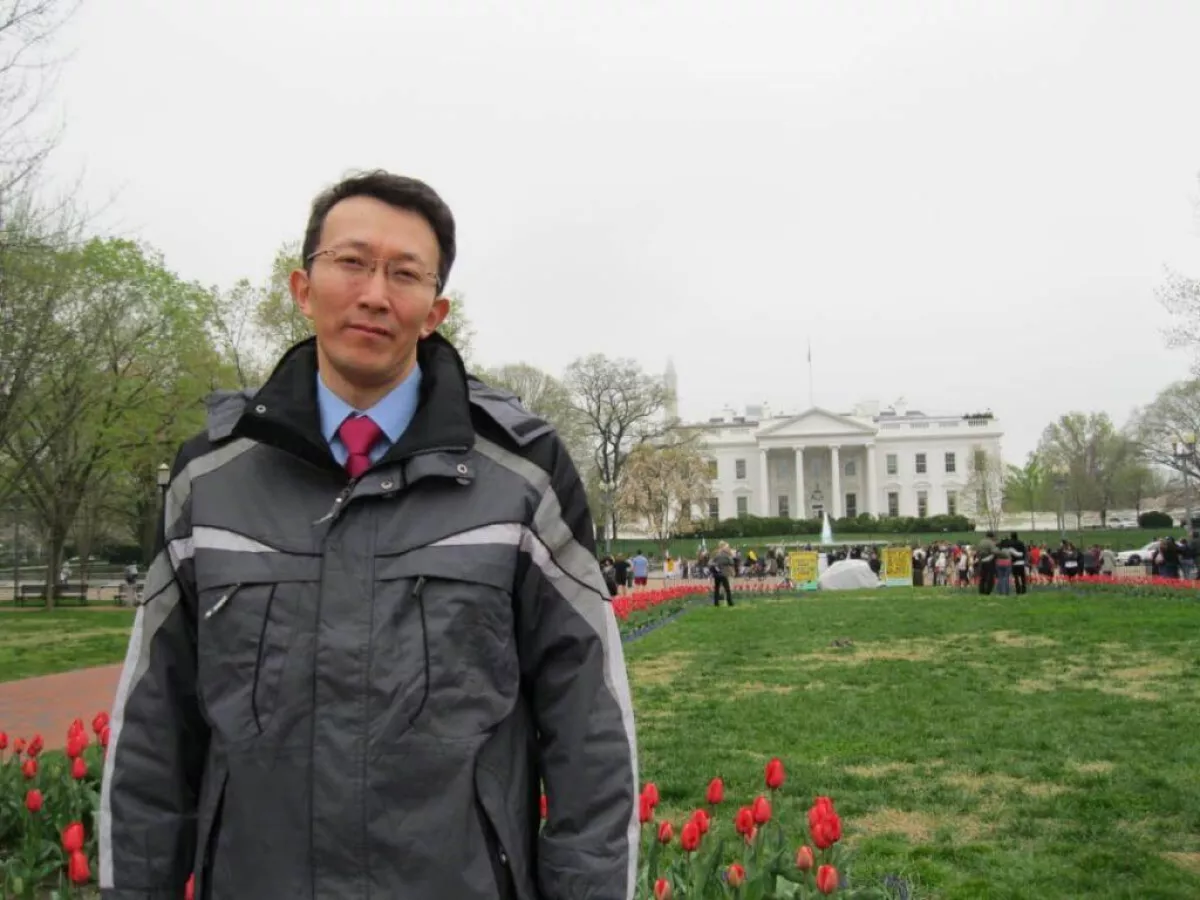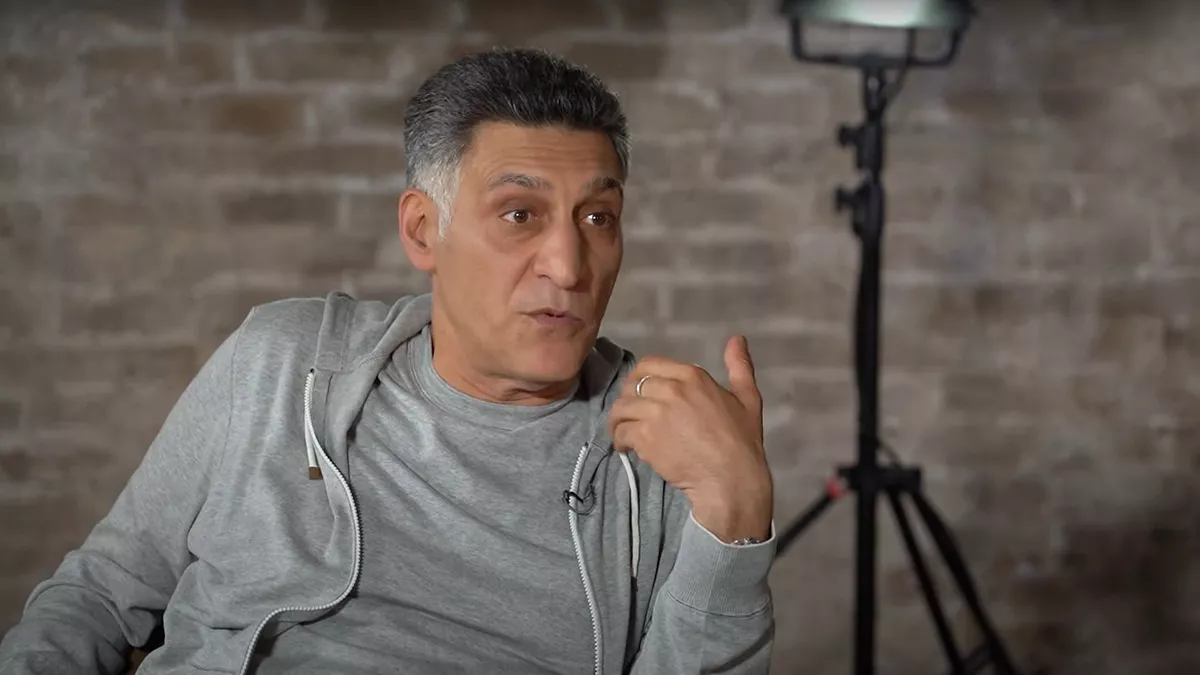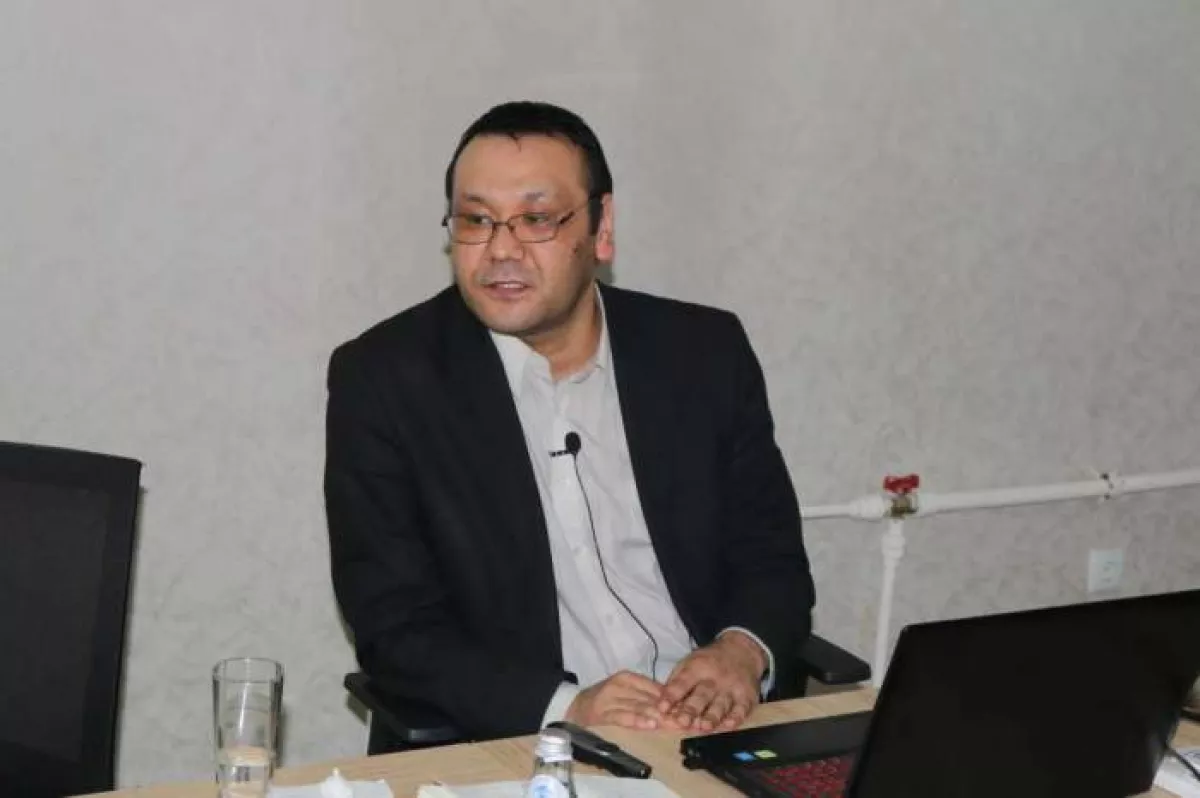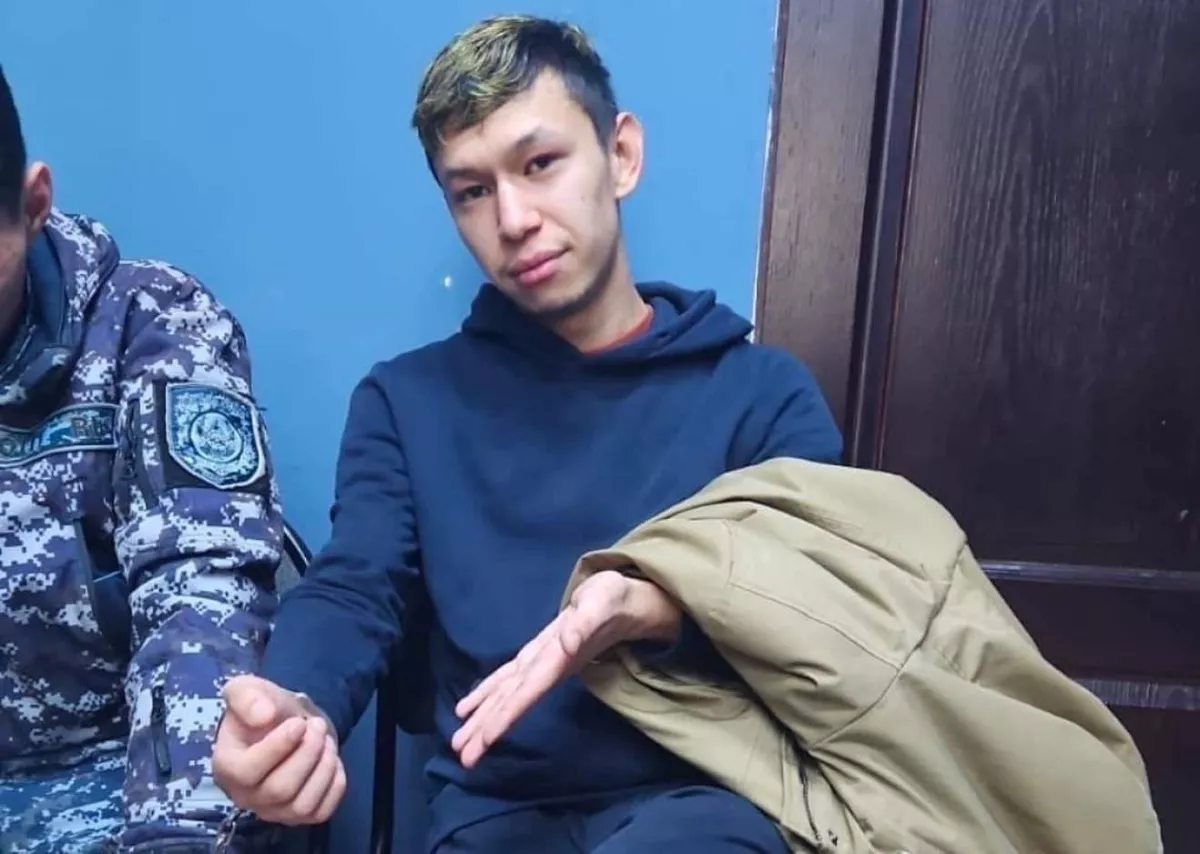Kazakhstan expands list of persona non grata Astana bars entry to Russian media and political personalities
Astana has added several Russian media personalities and politicians to its list of individuals barred from entering the country. The move was reported by Deutsche Welle, citing an anonymous source within the Kazakh government.
"Currently, the list includes notorious figures such as Tina Kandelaki, Tigran Keosayan, Alexander Dugin, political scientist Nikita Mendkovich, and deputies Evgeny Fedorov, Vyacheslav Nikonov, and Petr Tolstoy. The list also includes Konstantin Zatulin and Evgeny Primakov. All of them have made sharp statements against our country and its leadership," the source noted.
How is the Kazakh government interpreting this decision? A correspondent from Caliber.Az put this question to the attention of leading Kazakh political analysts.

According to Farhad Kasenov, head of the A+Analytics research centre, the information is absolutely accurate: Kazakhstan has indeed implemented such sanctions against a number of Russian media figures and politicians. Similar measures have been taken before—not only against the individuals mentioned—and the list is regularly updated.
“Astana reserves the right to deny entry to individuals who question Kazakhstan’s sovereignty, independence, and statehood. If these individuals do not recognise our statehood, if they deny our right to develop our own ideology, agenda, and worldview, then we reserve the right to bar them from entering a country they openly despise or constantly criticise.
The individuals mentioned—such as Tigran Keosayan, Tina Kandelaki, Nikita Mendkovich, and others—have repeatedly spoken out against the fundamental principles of our nation’s existence, questioned its independence and sovereignty, and claimed that Kazakhstan is merely a former part of Russian territory.”

“Individuals like Tigran Keosayan have distinguished themselves by directly insulting the country’s core state-forming ethnic group — the Kazakhs,” Kasenov noted. “He quite literally had the audacity to generalise and say things like: ‘What’s wrong with you Kazakhs — have you lost your minds?’ and other offensive remarks.”
“Those who allow themselves such behaviour, quite rightly, will no longer be permitted to enter our country — and this is a logical decision by the Kazakh authorities. These decisions are not made hastily or emotionally, but are the result of careful analysis of existing publications, public reactions, and similar factors.
Some individuals in Russia occasionally make emotional or impulsive public statements against Kazakhstan. If such remarks are one-off or random, they are usually ignored by Astana. But when anti-Kazakh rhetoric is calculated and expressed systematically, then of course, a response is inevitable,” Kasenov emphasised.

Professor Saken Mukan, of the Department of Media Communications and History of Kazakhstan at the International University of Information Technologies (IUIT), believes that in recent times, Kazakhstan’s information space has seen growing discussion around banning entry to certain Russians — particularly those who have made disparaging remarks about Kazakhstan. These range from accusations related to the renaming of cities into Kazakh, claims of discrimination against the Russian language, to references to a supposedly non-existent history of Kazakhstan prior to the 20th century, and so on.
“Unfortunately, even Kazakh citizens have occasionally been caught in the crossfire in such cases,” Mukan noted. “For example, on April 11, the court of the Nauryzbai district in Almaty sentenced the author of the satirical public page Qaznews24, Temirlan Yensebek, to five years of restricted freedom and banned him from engaging in socio-political activities.”

“The case against him was based on a satirical post published on Qaznews24 in response to comments by Russian propagandist Tina Kandelaki, who expressed outrage over the renaming of towns and railway stations in Kazakhstan into the native language,” Mukan explained.
“The post was accompanied by the song ‘Yo, orystar (Russians)’. Although the song contains profanities, it has long circulated on the internet and is not officially banned in Kazakhstan. However, the court ruled that the use of this musical track constituted an action ‘aimed at undermining interethnic harmony and national unity.’
It’s no surprise that Kazakh authorities are now working to prevent such provocative acts by public figures and state representatives from neighbouring countries — to bring such incidents under objective control. In my view, whereas previously the official and public response to provocations, such as when Russian State Duma deputies questioned Kazakhstan’s very existence, was limited to summoning the Russian ambassador ‘for a talking-to’ and issuing public rebuttals by Kazakh leaders, the current stage marks a shift in policy — one more in the spirit of ‘go back where you came from.’ That’s precisely what happened with Russian CIS Institute researcher Andrey Grozin, who was turned away at passport control in Astana on April 27,” Mukan concluded.








